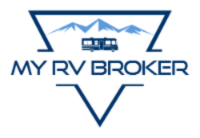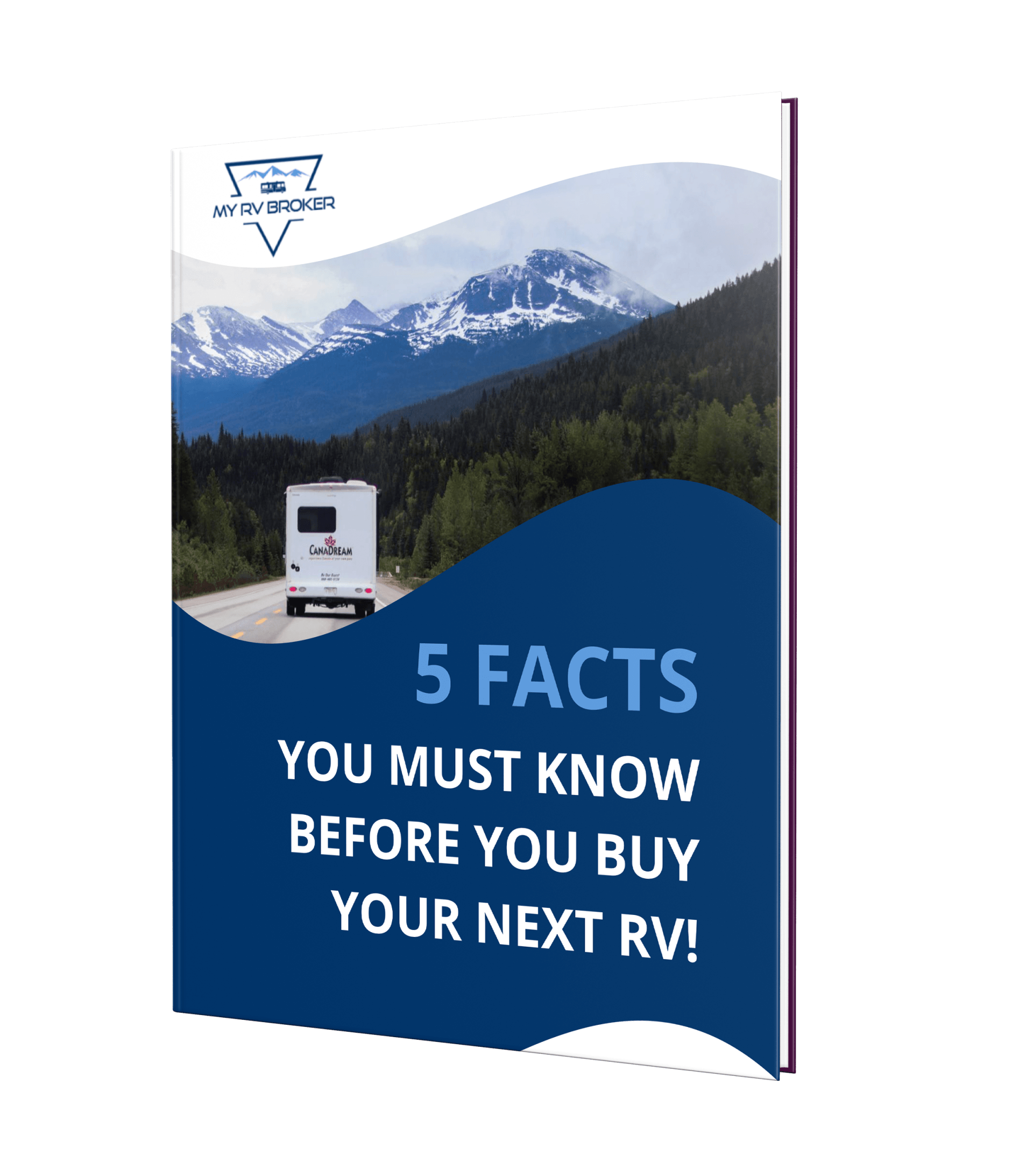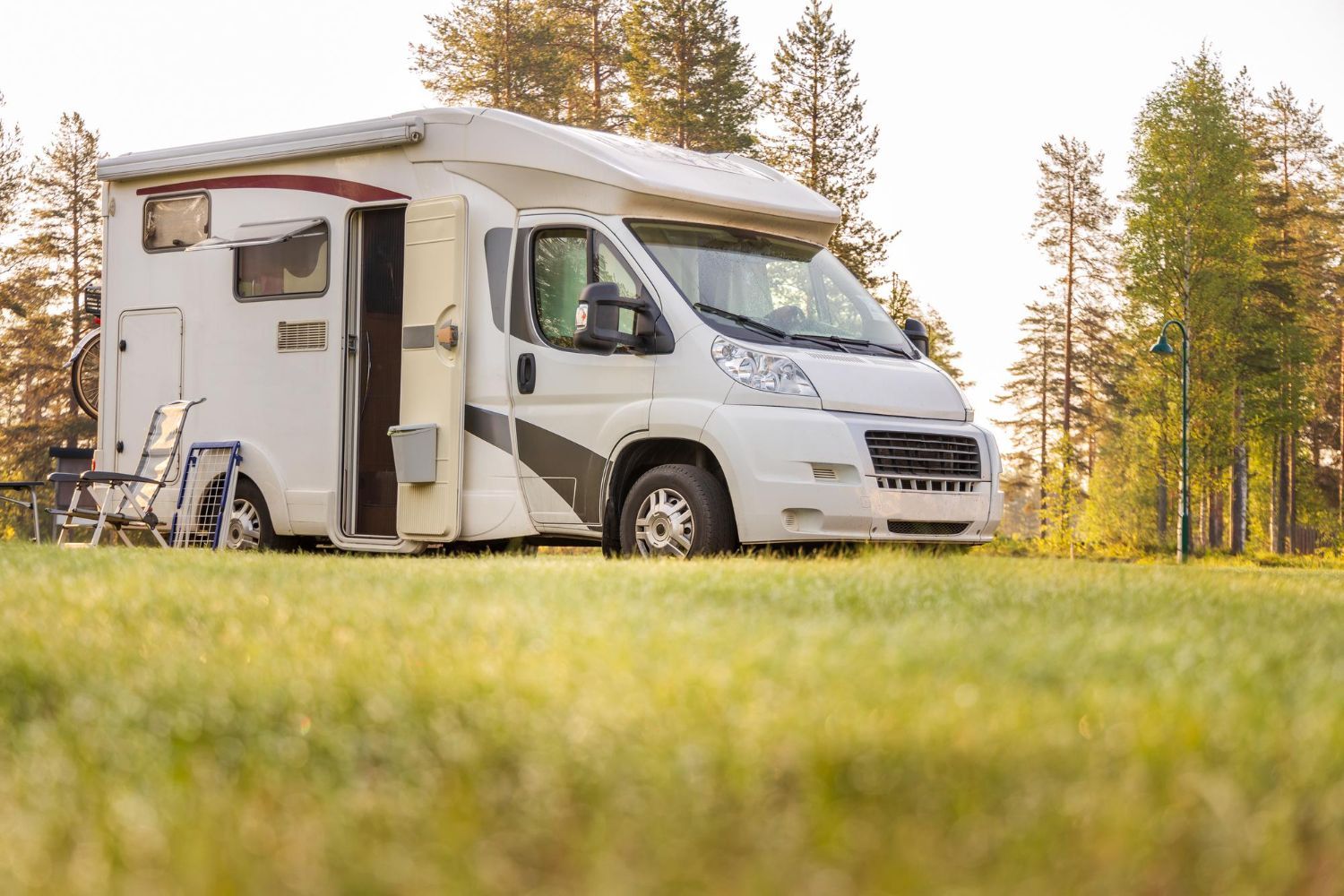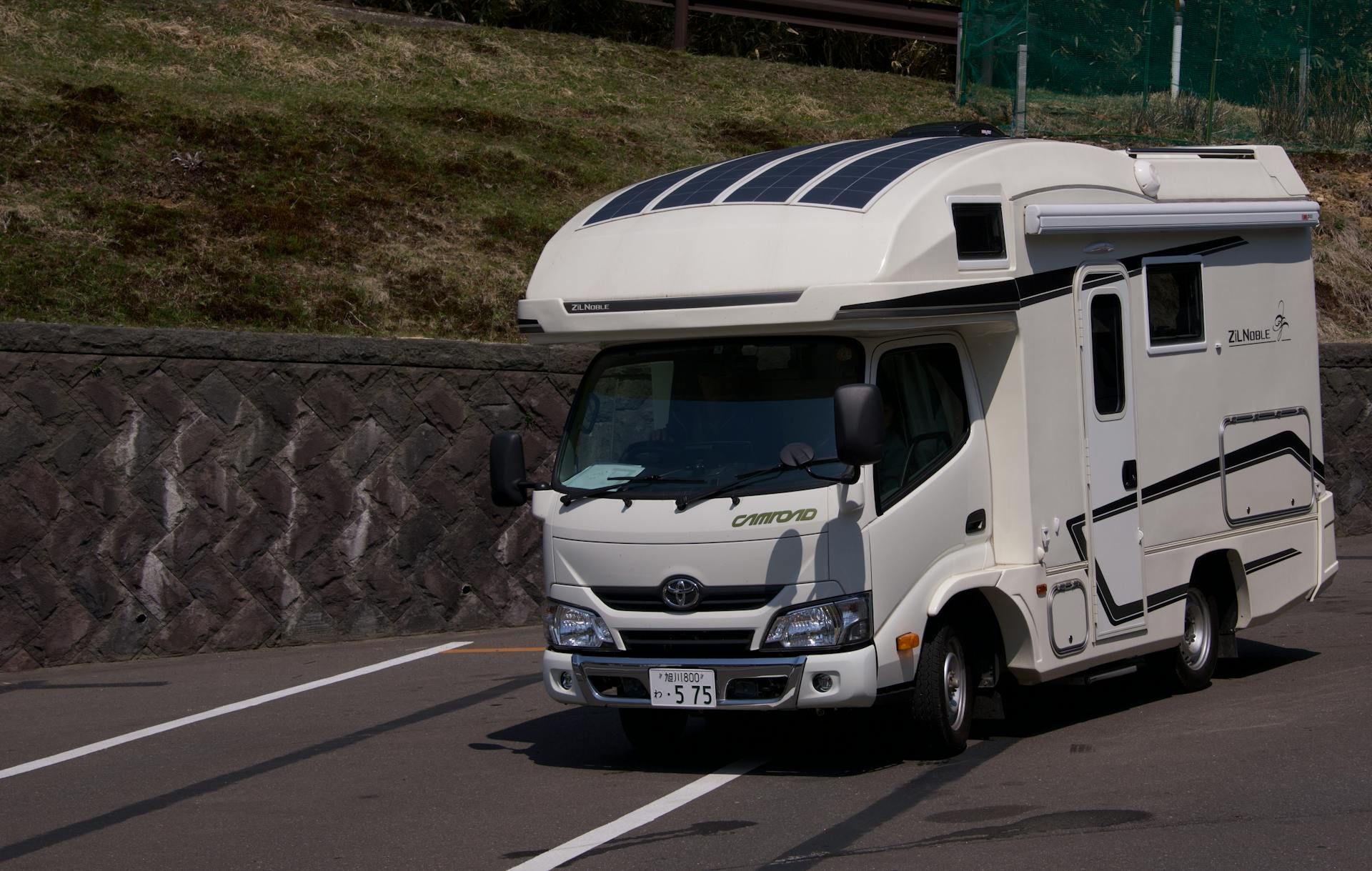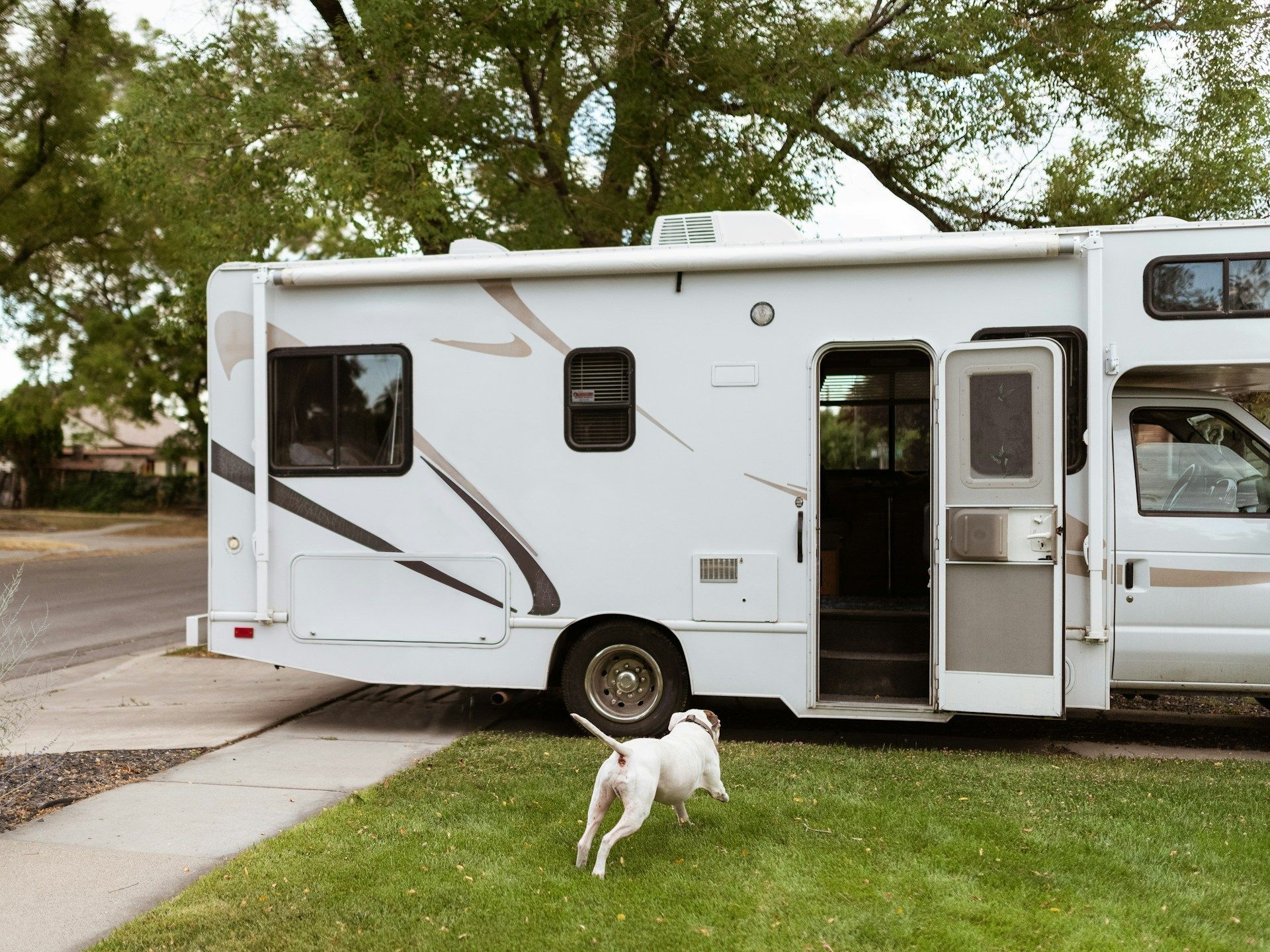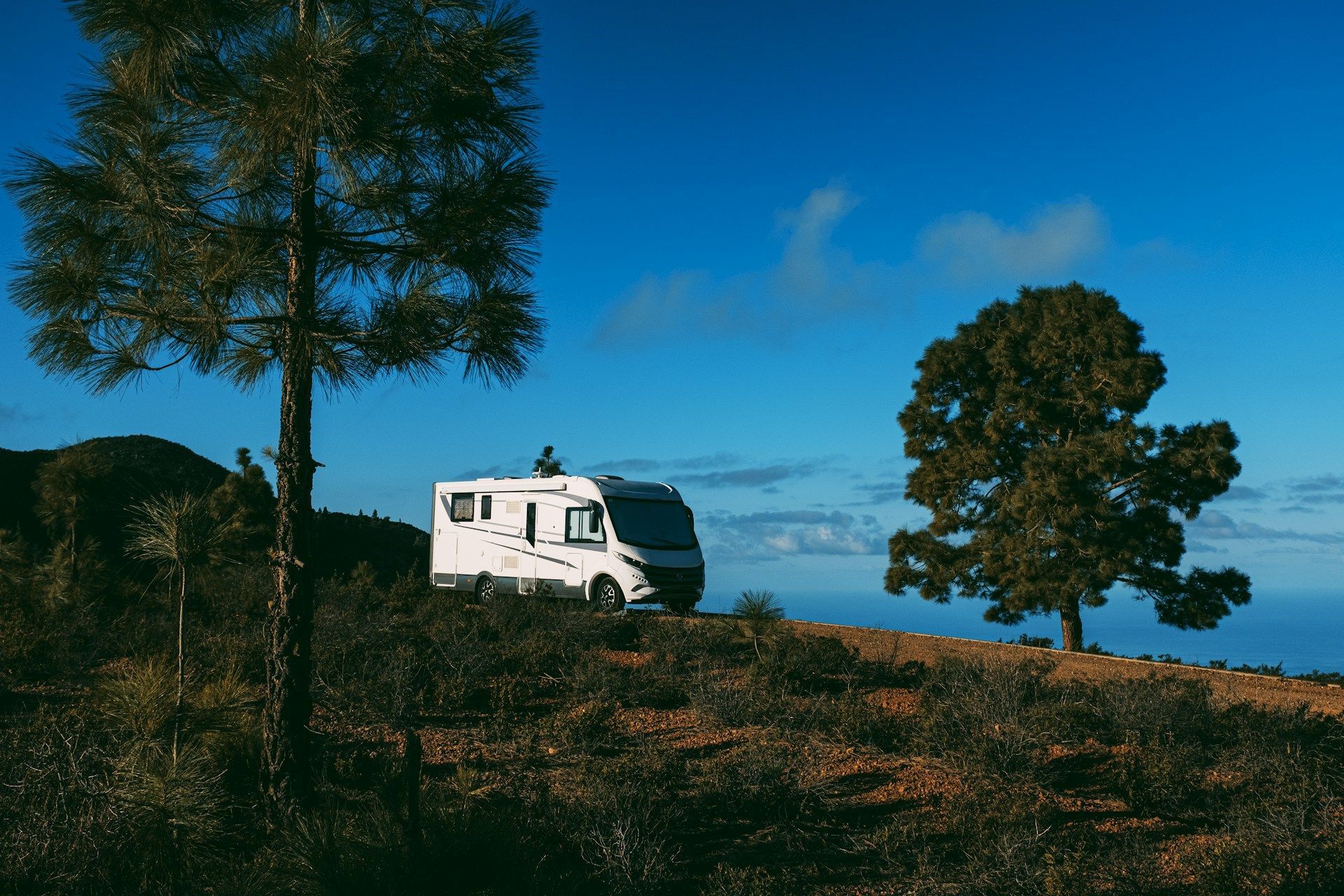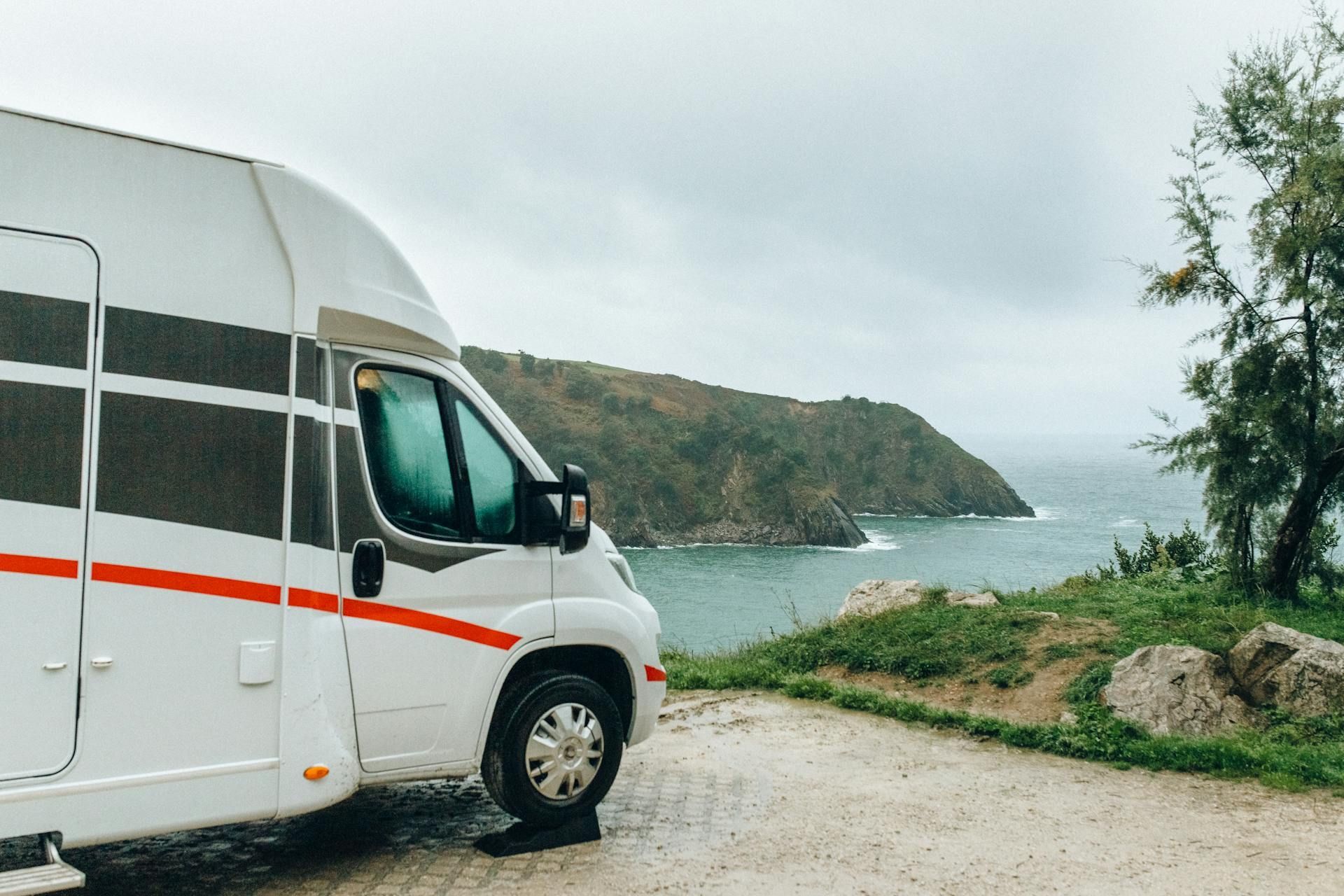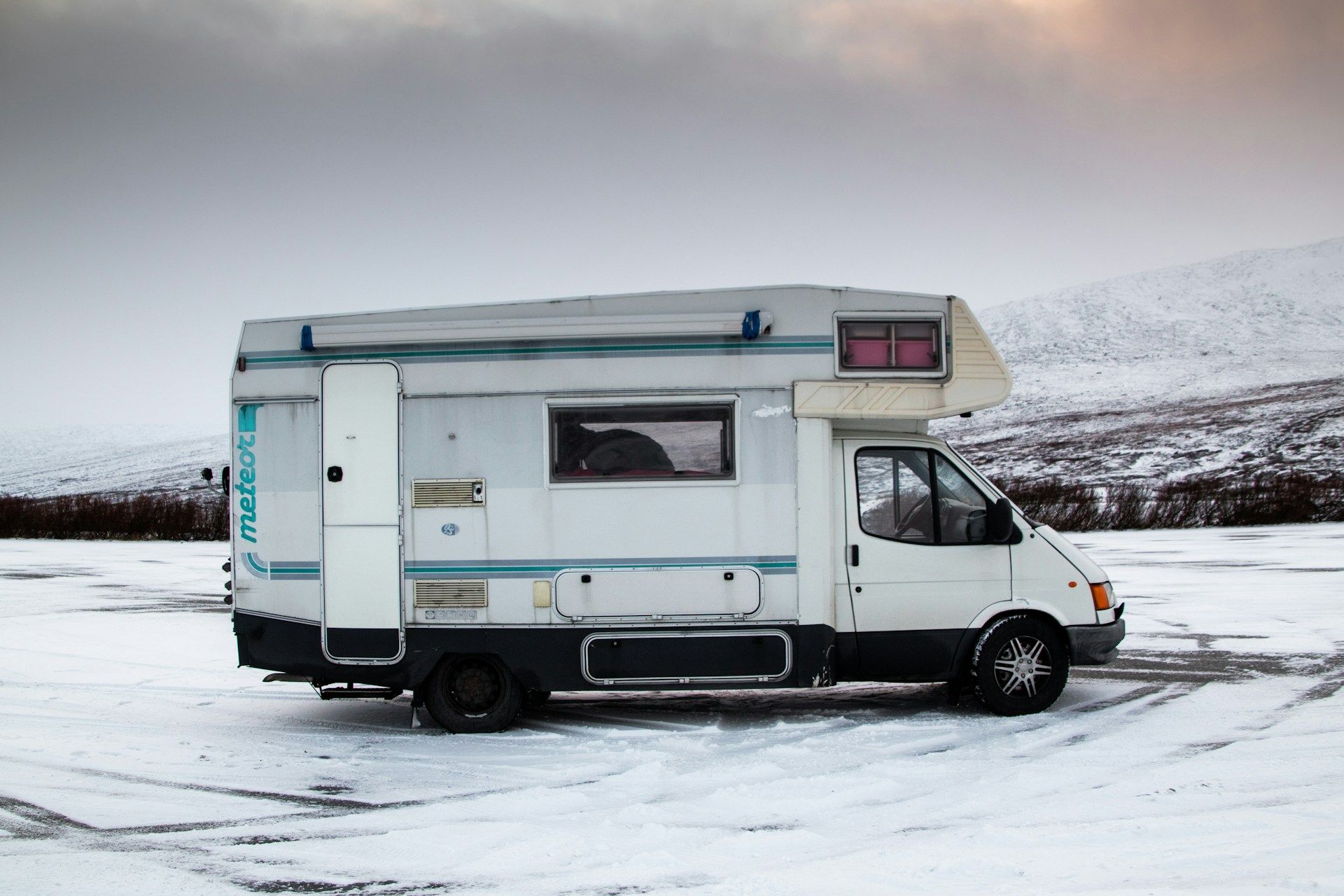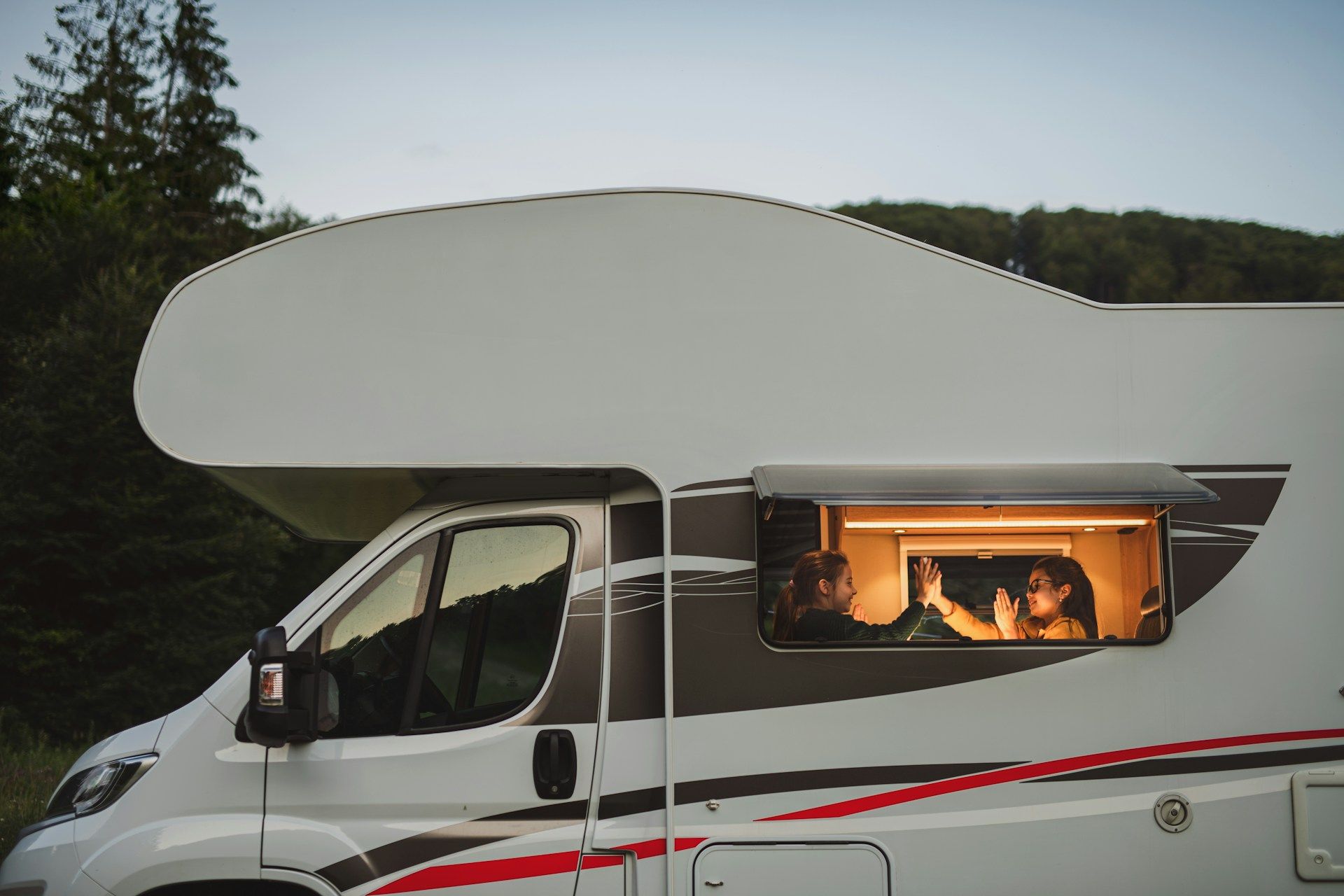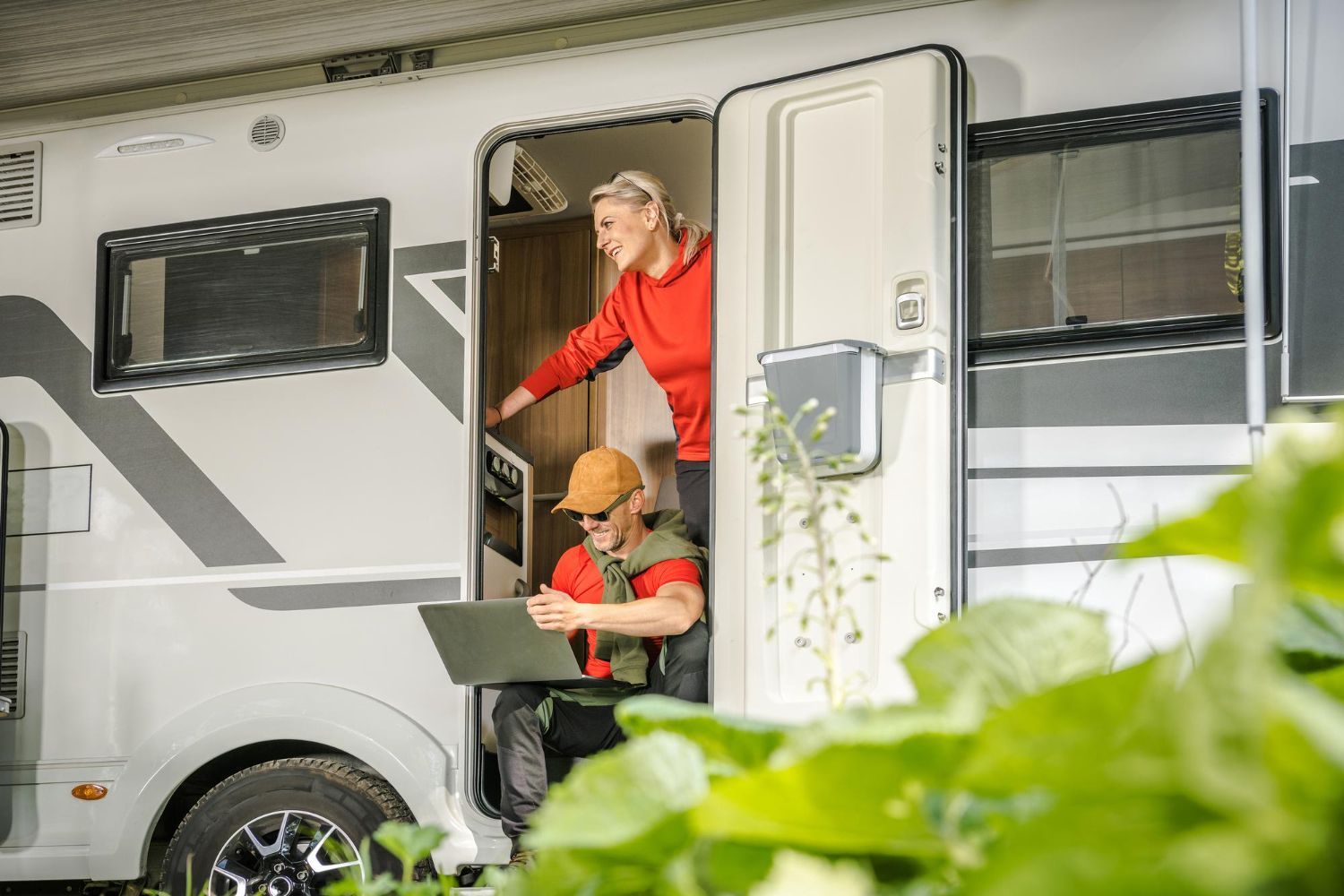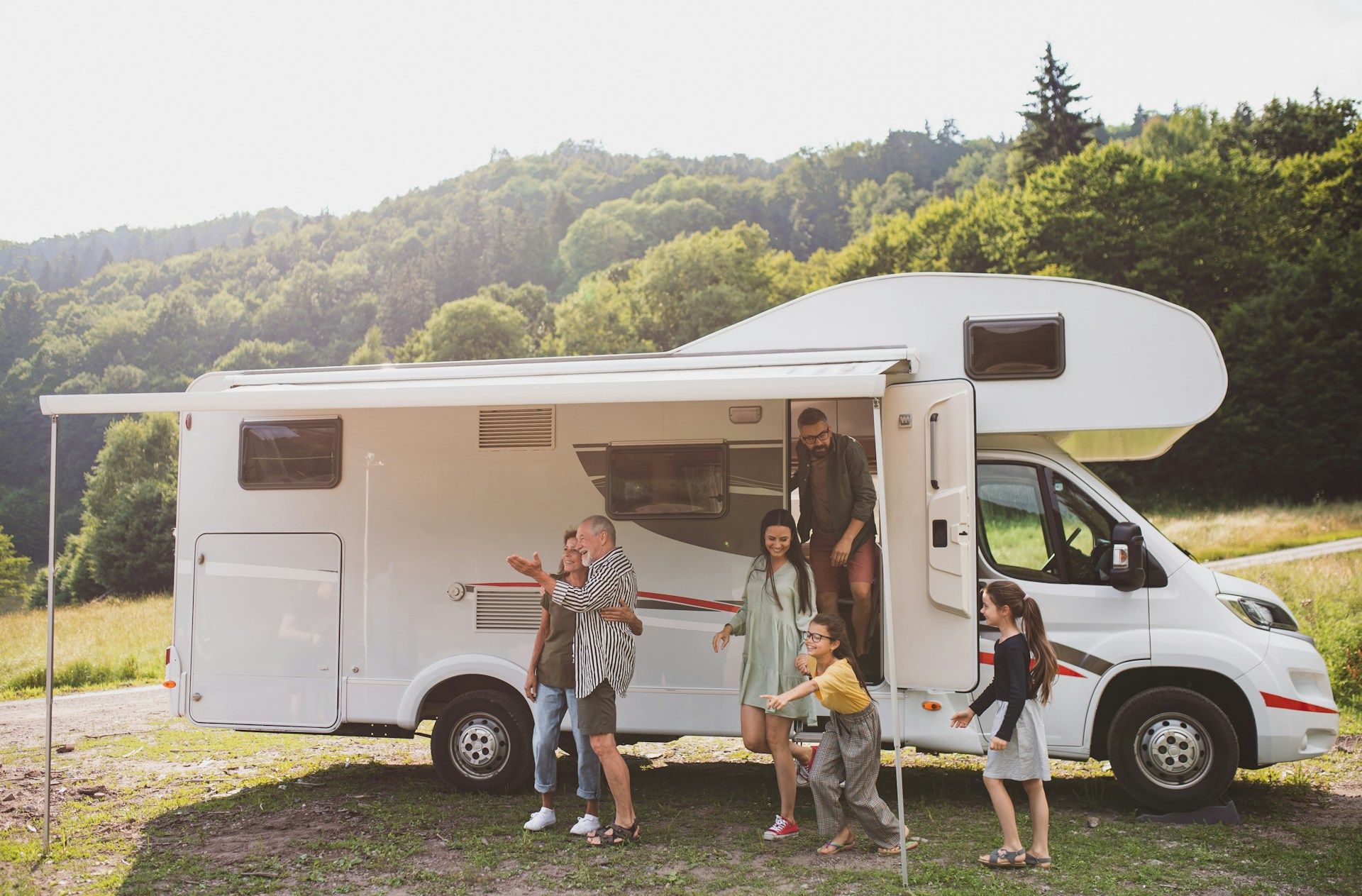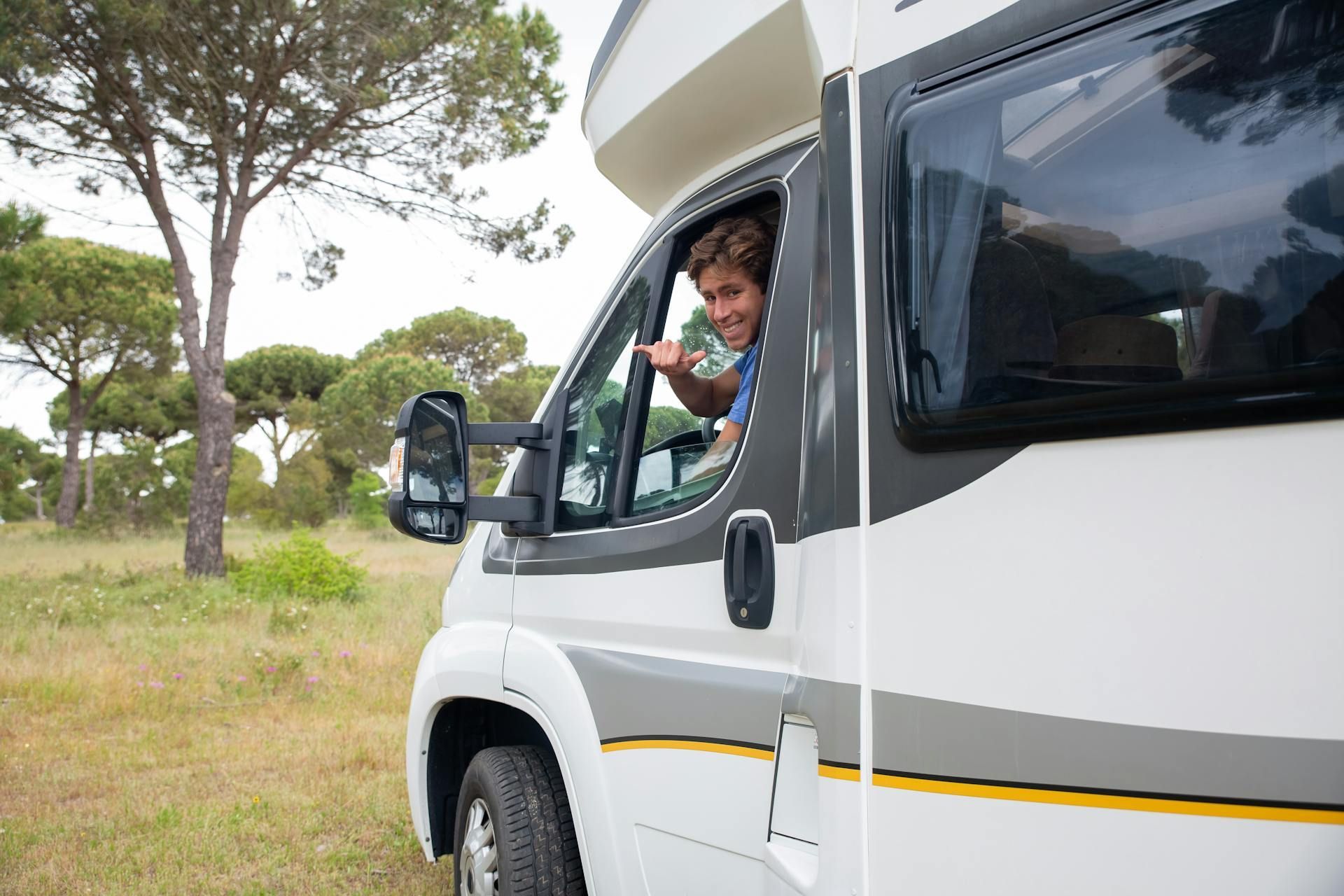What Should I Look for When Buying a Used RV?

If you're in the market for a used recreational vehicle (RV), there are many factors to consider before making this large purchase. Buying a pre-owned RV can save you money compared to buying a new one, but you want to ensure you select a quality vehicle that meets your needs and will be reliable for years of camping adventures ahead. Here's an overview of what you should look for when shopping for a used RV.
Introduction
Types of RVs
The first decision to make is what type of RV best suits your travel plans and lifestyle. The main categories of RVs include:
- Class A Motorhomes - The largest and most expensive RV option, built on a bus or truck chassis. Accommodates 4-6 people with full amenities.
- Class B Camper Vans - The smallest RV option, utilizing a van chassis. Sleeps 2-4 with basic amenities. Excellent for maneuverability and fuel efficiency.
- Class C Motorhomes - A compromise between size and flexibility. Sleeps 4-8 people on a truck chassis with an attached living area.
- Fifth Wheels & Travel Trailers - Designed to be towed by a pickup truck or large SUV. Available in a wide range of sizes, sleeping 2-8+ people depending on the model. Typically more affordable than self-powered motorhomes.
Take time to examine the pros and cons of each type to decide what fits your travel party, camping style, driving comfort, and budget the best.
what to examine when inspecting a used RV's condition
Inspecting the RV's Condition
Once you've settled on an RV type, carefully inspect any pre-owned models you're considering to identify potential issues and negotiate accordingly. Key areas to examine include:
Exterior Condition
Walk around the entire RV, inspecting the exterior walls, storage compartments, windows, doors, awnings, roof material, attachments like ladders or bike racks, and the condition of any slide-outs. Look for any damage, leaks, or signs of wear and tear like cracks, dents, faded paint, or graphics. Examine the tread depth and age of the tires.
Interior Wear
Enter the RV and look for water stains or soft spots on the ceiling that can indicate roof leaks. Operate all doors, drawers, and slide-outs to check for smooth function. Examine all upholstery, carpeting, curtains, and mattresses for staining or damage. Turn on all interior lights and test appliances one by one. Identified any faulty items.
Mechanical Components
For motorized RVs, inspect the engine compartment for oil leaks, damage, or rust. Check fluid levels including engine oil, transmission fluid, power steering fluid, brake fluid, coolant, and windshield wiper fluid. Verify the chassis battery connects properly and holds a charge. Examine the generator, turning it on to ensure it powers appliances properly.
For towable RVs, test all exterior access panels and storage doors. Activate any slide-out mechanisms and verify smooth operation. Check the condition of the coupler system, safety chains, brake system (if equipped), and all exterior lights.
Take It for a Test Drive
Finally, take the RV for an extensive test drive. For motorhomes, drive at highway speeds paying attention to engine, transmission, and brake performance. Take corners slowly and listen for any odd noises that can indicate suspension issues. For tables, use an appropriate tow vehicle to pull the RV at freeway speeds to test for sway or wandering that may require alignment or weight distribution adjustments. This test drive also verifies appliance operation while mobile.
Critical Documentation
In addition to the RV's physical shape, there are several important documents to review. Ask to see all maintenance and repair records. Request a vehicle history report to check for accidents, storm damage, flooded titles, or other major issues. Examine the owner's manuals and warranties for all appliances and accessories included, transferring eligible warranties to the new owner if possible. Verify all recent state registration and inspection certificates are up to date as required.
Finally, be sure to obtain a clear title free of any liens when making your purchase final.
Guide on setting a fair asking price and negotiating effectively
Determine the Asking Price and Negotiate
When evaluating any used RV model, research the current market prices for that particular make, model, and year based on its overall condition. Sites like NADA Guides provide RV pricing estimates to establish a fair asking price range as a starting point. Use your inspection findings to negotiate down for any mechanical issues, damage repairs, or necessary replacements you identified. Point to scratches, fabric stains, or uneven tire wear that detract from aesthetic appeal to request a lower price. Consider start-up costs like registration fees and any impact on insurance premiums as well in your negotiating position.
Aim for a win-win by offering a fair price with flexible financing terms, trade-in allowance, or the inclusion of additional accessories like tow packages or campsite memberships to sweeten the deal on both sides. Going in informed, reasonable, and friendly can help both buyer and seller leave happy.
List vital features and costs to account for in an RV budget
Create a Realistic RV Budget
Beyond just the sale price, buying a used RV requires some additional planning and budgeting to enjoy it comfortably for years ahead:
- Insurance, registration fees, taxes annually
- Loan repayment or cash savings for purchase
- Gas, mileage costs for trips
- Campsite rental fees
- Appliance/slide maintenance, repairs as needed
- Storage fees if not parking at home
- Modification costs - paint, décor updates
- Add-on gear - hitches, leveling equipment, satellite TV, etc.
Leave room in your budget to personalize your RV with the features that matter most for your travel style. Proper planning allows you to enjoy RV vacations stress-free for years to come.
Conclusion
Ready to buy or rent your dream RV? The expert team at myrvbroker.com can guide you through types, floorplans, and features to find your perfect match. Take time to thoroughly inspect any used RV models that interest you, take them for comprehensive test drives, verify all documentation, and negotiate a fair price based on overall condition. Understanding exactly what you're buying upfront ensures your used RV provides you with comfortable, convenient camper van vacations or cross-country tours for years of memories ahead.
Download The Free
Guide Below!
We've created this free guide to show you the top 5 facts that will help you when looking for your next RV.
